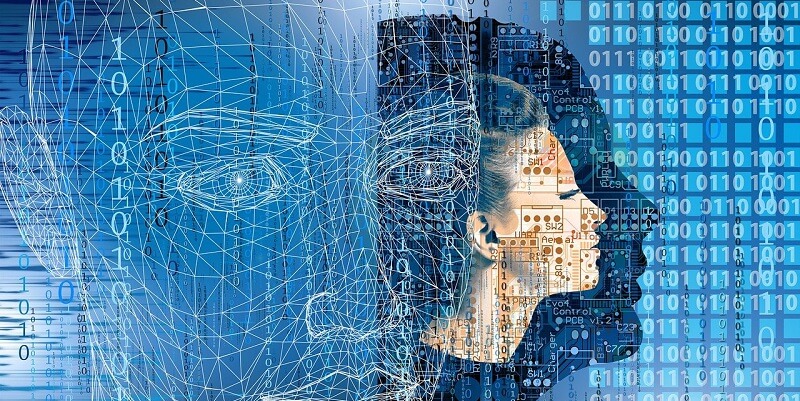In the era of rapid technological advancements, artificial intelligence (AI) has emerged as a powerful tool. However, it is crucial to understand that AI, despite its potential, falls short when it comes to replicating the depth and complexity of human interaction. This article explores the limitations of AI in comparison to human capabilities, delving into its inability to emulate human qualities and the importance of discernment when using AI.
Human Characteristics that AI Can’t Replicate
One of the fundamental aspects that sets humans apart is our capacity for emotions, such as sympathy, empathy, regret, joy, hope, and optimism. These traits form the basis of our interactions and contribute to our understanding of nuanced human experiences. Furthermore, attributes like originality, intuition, and humor define the essence of human life and are challenging to replicate in AI systems. These uniquely human qualities cannot be programmed into machines.
How AI Works and Its Limitations
Unlike humans, who possess conscious thought processes, AI operates on predictive algorithms. Starting with a single word, AI utilizes vast amounts of data that would take an unthinkable amount of time for humans to sift through and predicts the next word in a matter of billionths of a second. However, it is important to note that AI lacks actual thinking capabilities and relies heavily on the data it has been trained on. As a result, AI tends to repeat known information rather than generating original responses. To illustrate this limitation, let’s consider an experiment where a request was made for an original joke about cats. Instead of producing an original joke, the AI system returned a joke that had been heard 33 years ago, lacking both humour and originality. This highlights the deceptive nature of AI, as it can present recycled information as novel.
Importance of Being Discerning with AI
Given AI’s propensity for deception and even hallucination, it becomes crucial for individuals to approach AI interactions with discernment. It is essential to recognize that AI’s responses are based purely on the patterns and data it has been fed and often lack the depth of understanding that comes naturally to humans. Being cautious and exercising critical thinking when utilizing AI can help us navigate the limitations and potential pitfalls of this technology.
AI as Assistants to Human Work
Rather than replacing human capabilities, AI should be viewed as an assistant to people carrying out tasks. By leveraging AI’s efficiency and reasoning capabilities, it can complement and support human decision-making processes. AI can process vast amounts of data and provide insights and suggestions, but it is the human touch that adds the necessary intuition and correction of faulty intuitions, making the collaboration between humans and AI promising.
AI’s Potential for Efficiency and Removing Human Drudgery
One of the key advantages of AI lies in its ability to handle low-hanging tasks, automating repetitive and mundane operations. By streamlining these aspects of human work, AI can significantly reduce the level of drudgery experienced by humans and free up valuable time and resources for more meaningful endeavors. Embracing AI’s efficiency helps us focus on activities that require human creativity, problem-solving, and innovation.
AI Skills and Advantages for Users
As AI becomes increasingly integrated into our lives, developing AI skills becomes advantageous. Individuals who master the intricacies of AI, including query systems and overall AI interaction, can harness its capabilities to their advantage. Understanding and effectively asking AI the right questions helps unlock its potential, empowering individuals to use AI as a tool for their benefit.
While AI holds immense promise, it is crucial to recognize and respect its limitations. AI can never replace the intricacies of human interaction, human-exclusive emotions, and the inherent traits that define us. However, by understanding how AI works and its limitations, individuals can effectively wield it as an assistant, relying on its reasoning abilities and efficiency to enhance human endeavors. By exercising discernment and employing AI for the right tasks, we can strike a balance that combines the best of human and artificial intelligence.

